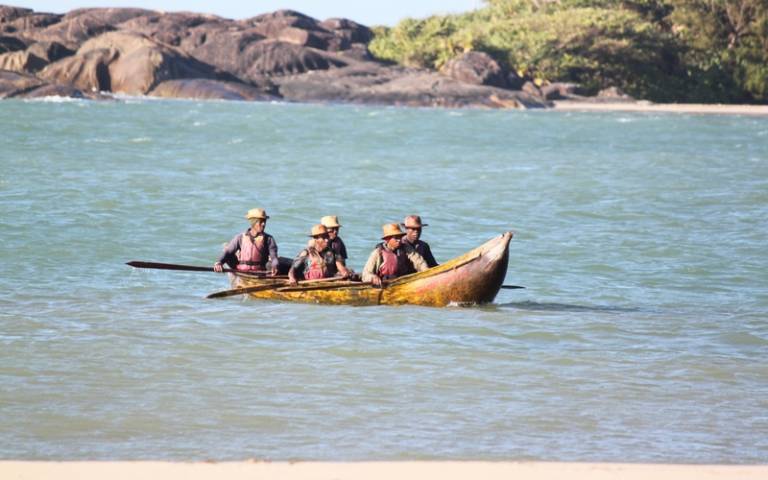Balancing use and conservation of marine resources
Research by UCL’s Marine Protected Area Governance project informed UN Environment guidance published in 2019 on ensuring the effective and equitable management of Marine Protected Areas (MPAs).

7 October 2020
Photo credit: Jo Brooksbank
MPAs offer one of the best options for maintaining or restoring the health of ocean and coastal ecosystems, particularly as part of a wider management system.
The guidance focuses on achieving conservation objectives while fairly sharing the costs and benefits through participative approaches that respect local traditions, customs and cultures.
“Ultimately, governing the oceans in a sustainable way could see Marine Protected Areas as a driver of – not a limit to – the vital economic and social benefits that we derive from the global ocean,” explains Dr Peter Jones (UCL Geography), who is leading the project.
The guidance draws on 34 case studies from 15 countries across the world, each facing different challenges. In Tubbataha Reefs Natural Park, Philippines, illegal fishing is targeting endangered or threatened species that have a high commercial value in illegal trade. The area also faces the threat of energy exploration in the Sulu Sea, resulting from the rising costs of imported fossil fuel, while water pollution is increasing due to solid waste materials, brought in from various origins through tidal currents and wind.
““We need to balance the need for conservation with recognition that we have to work with the local communities to fairly share the costs and benefits of human use of the areas.”
In contrast, it is the rapidly rising level of mass tourism that is having the greatest impact at Caye Caulker Marine Reserve, Belize. Visitors diving and snorkelling are damaging coral reefs, while liquid waste and pollution from the ships is likely to be influencing the levels of nutrients in the waters, also affecting reefs.
The Wash European Marine Site in the UK faces different challenges, including disturbance from low-flying military aircraft, and the over-harvesting of natural mussel beds that is contributing to the decline in the condition of mudflats and sand flats.
“In each case, we need to balance the need for conservation with a recognition that we have to work with the local communities to fairly share the costs and benefits of human use of the areas,” adds Dr Jones. “Rather than assuming that MPAs are set aside from use, the guidance recognises that MPAs should be seen more as vehicles for promoting their integrated and sustainable use.
 Close
Close


